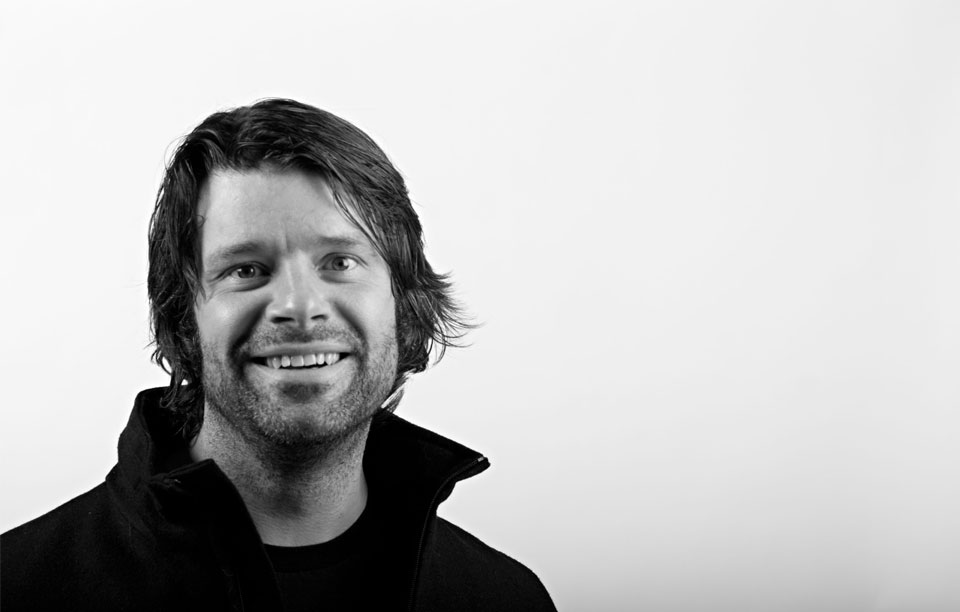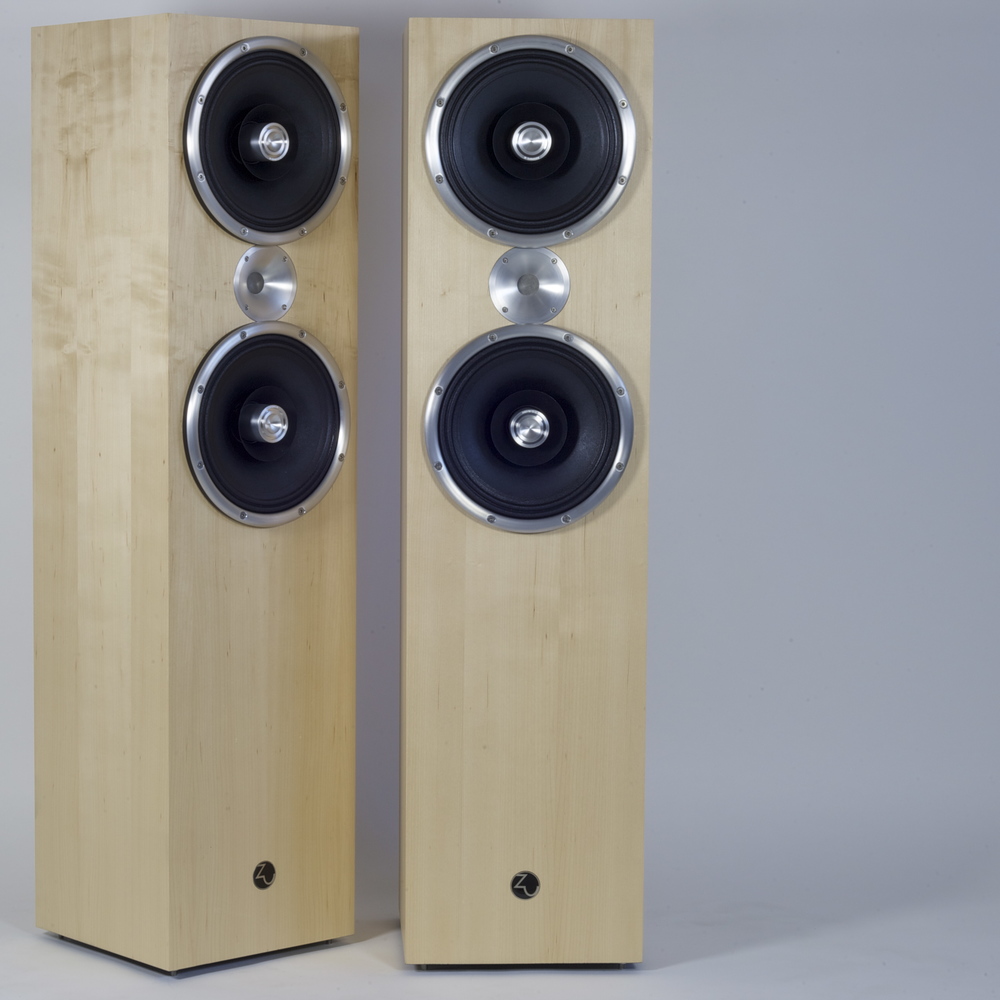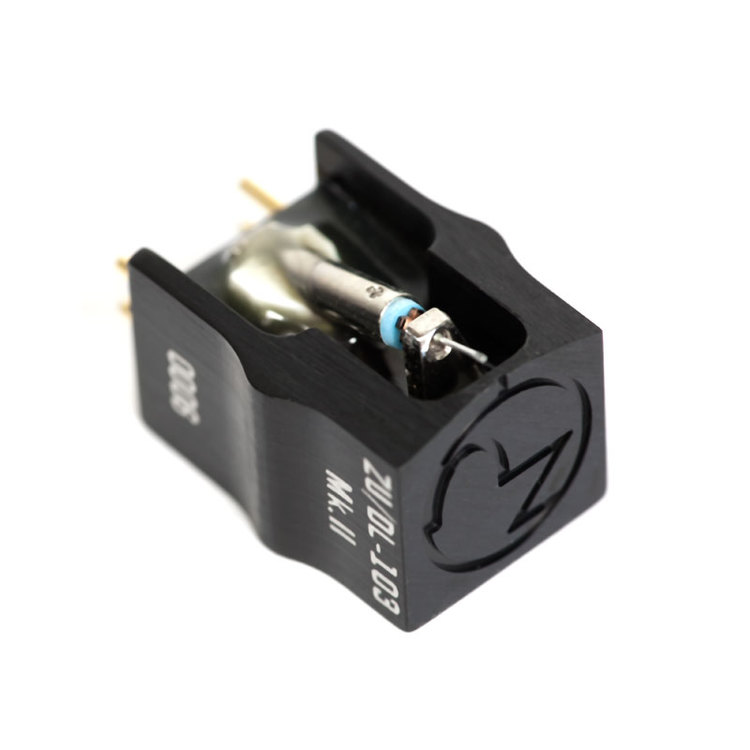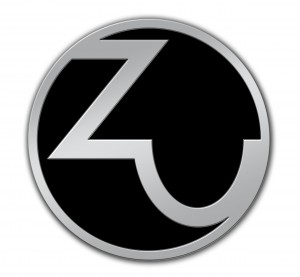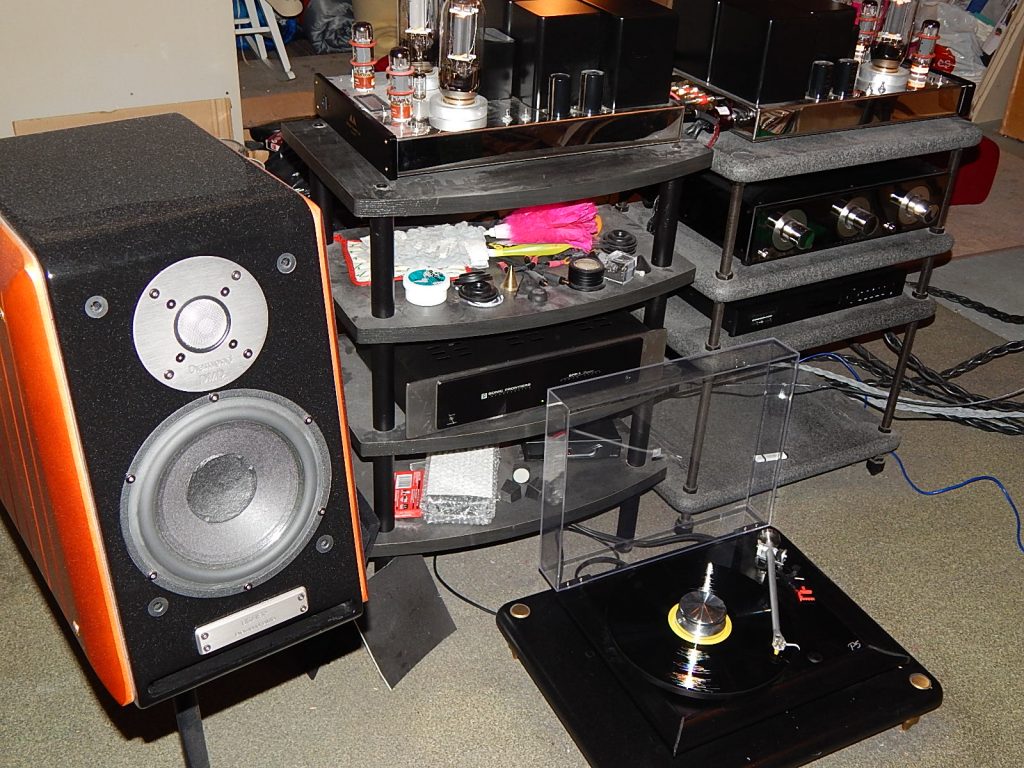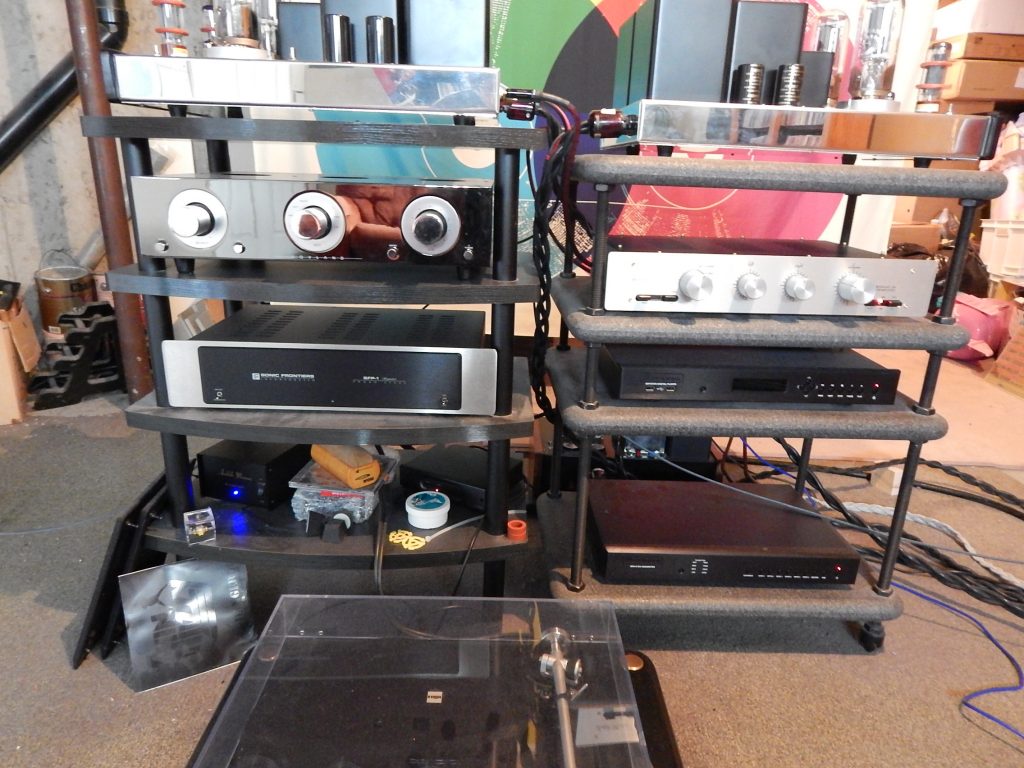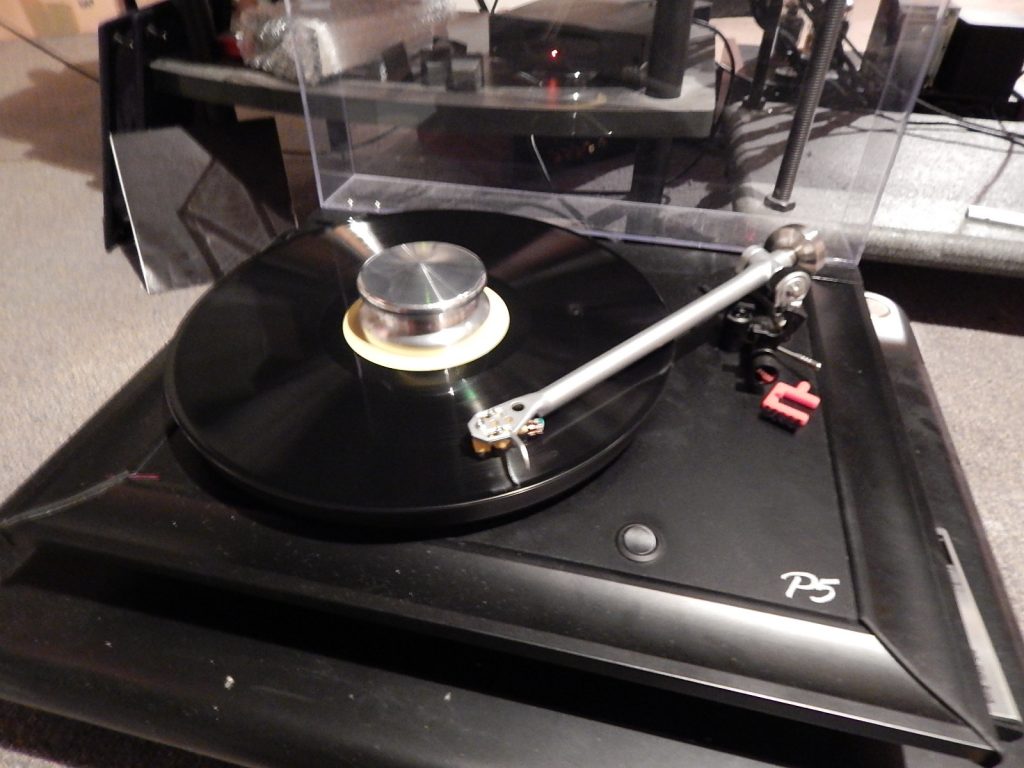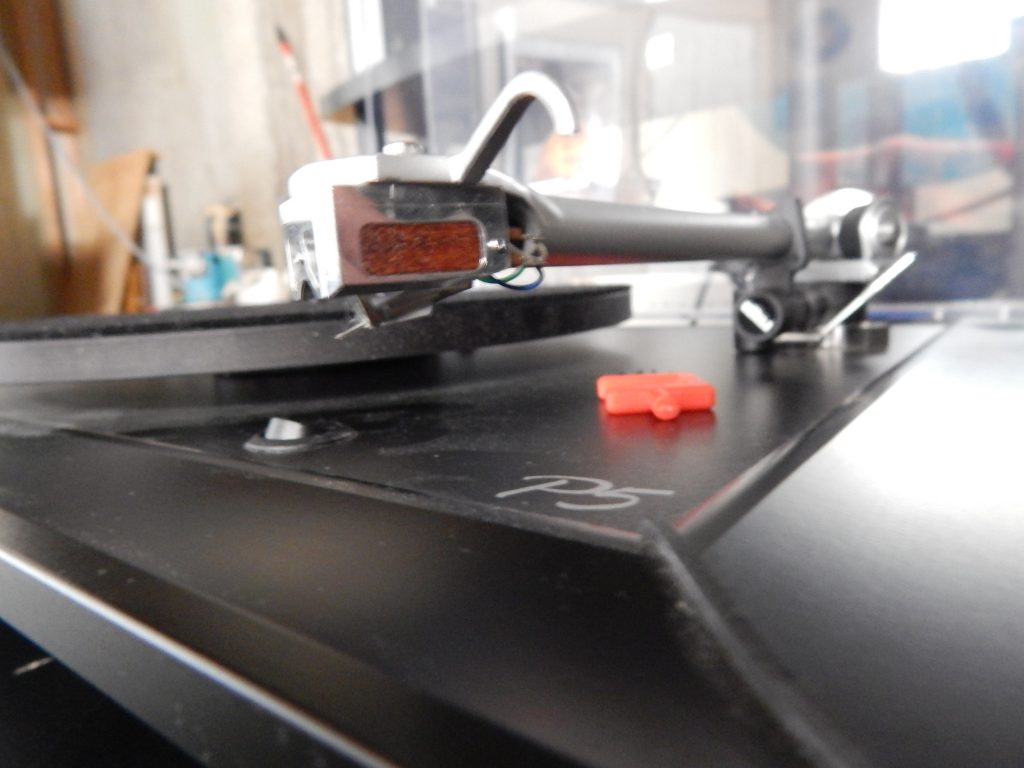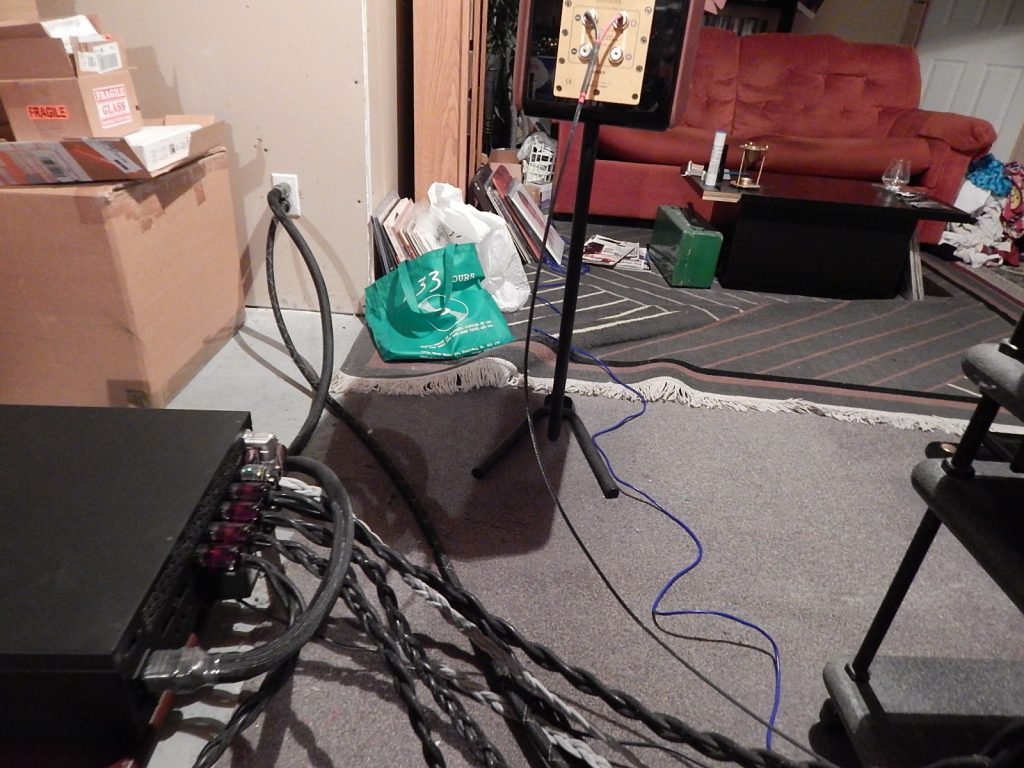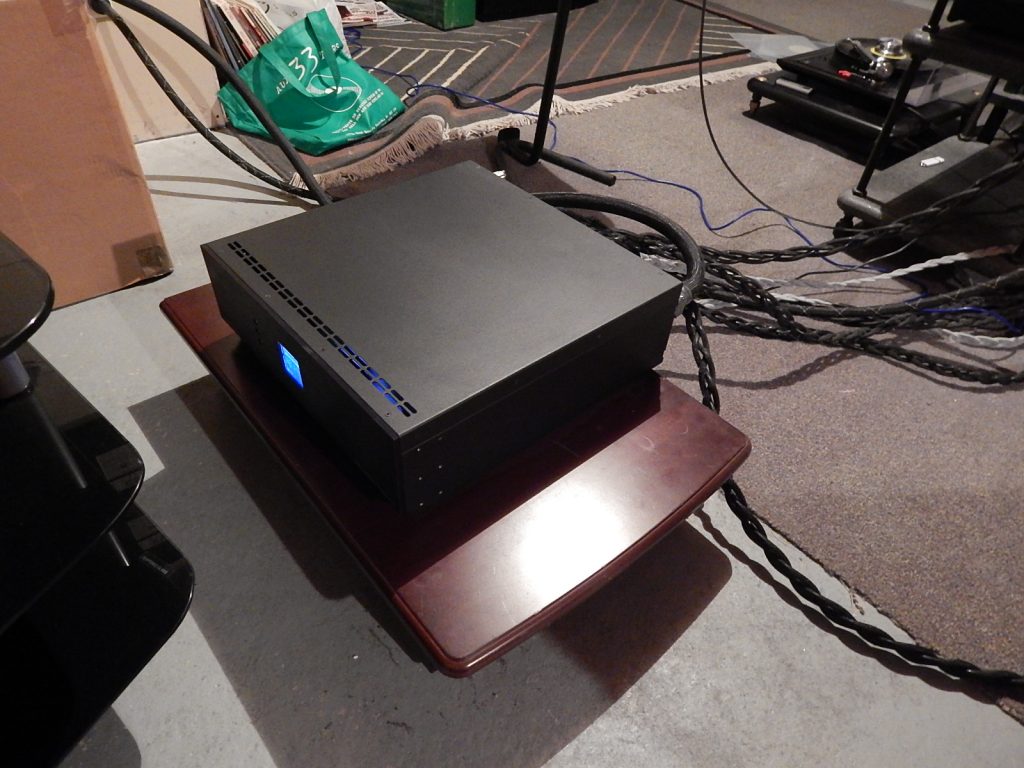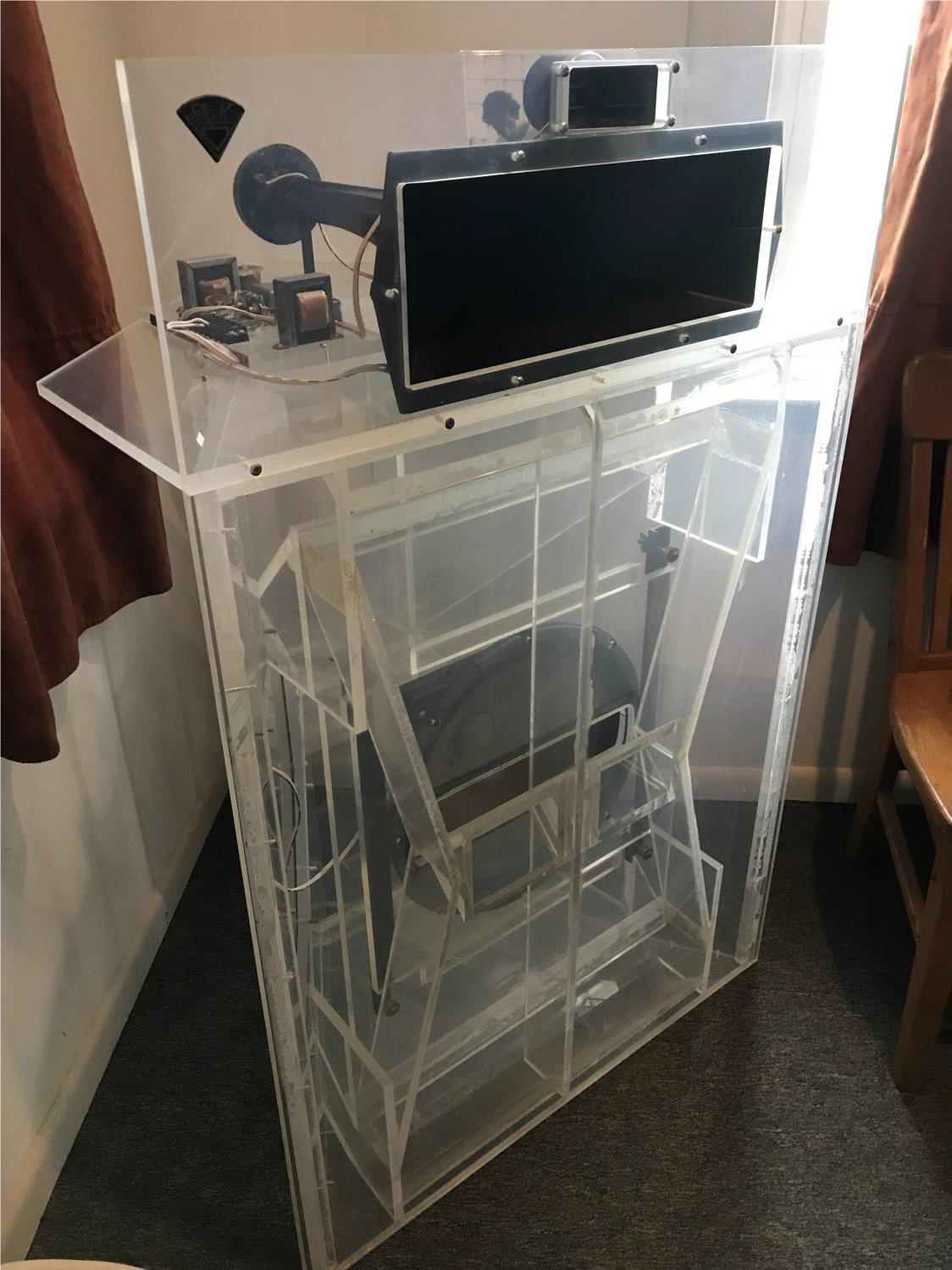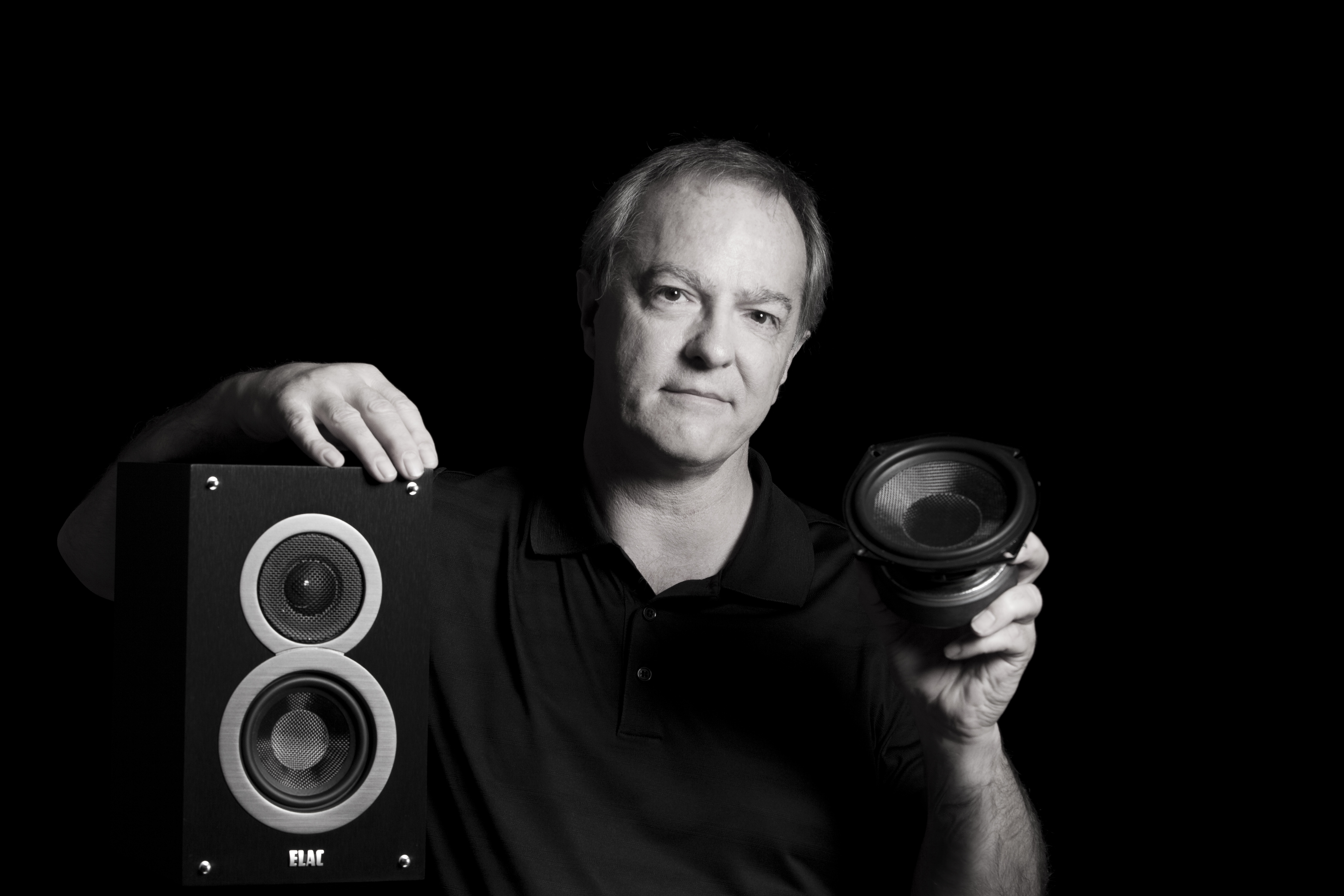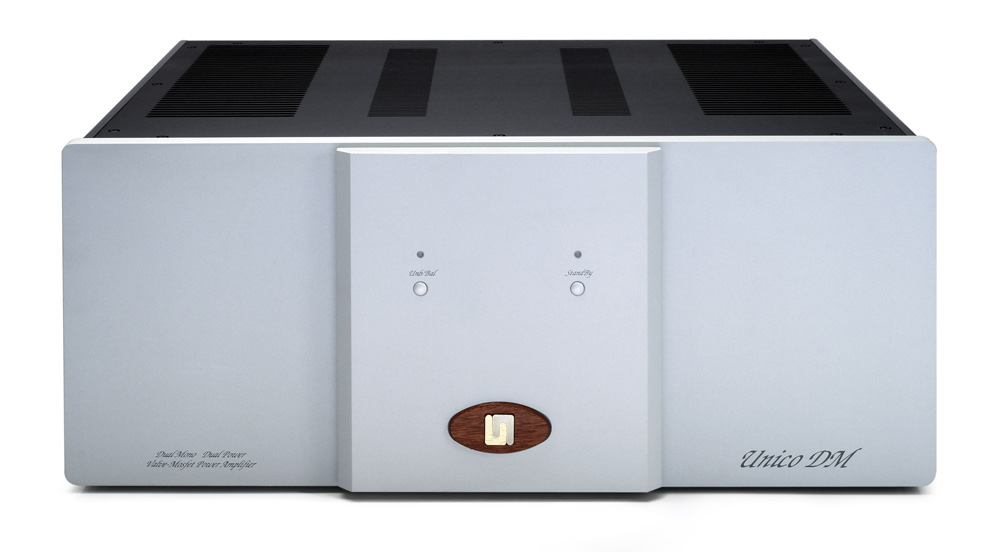Zu Audio: divine, evil, beautiful, disgusting; Or, "Careful with that tone, mister."
So what kind of sound are you after? Accurate? Musical? Okay. But according to whom? Because, the fact is, each of us has a brain that's unique, including in what it perceives as being accurate and musical. Does this make us all somehow wrong?
I prefer to think that it makes us all rightish, if short of a common truth, in the sense that great sound isn't like a fixed monument in the park we can take turns staring at from a pair of unmovable, coin-operated binoculars, but akin to the same object being observed from different, yet equally valid, viewpoints.
That thought-the equal legitimacy between individual viewpoints-was the clincher that preceded what could best be described as a tap on my skull from above, one that prompted me to gently retreat from a moment of intimacy my wife and I were sharing over a dimly lit dinner, an act for which I am apologizing to this day. (Free advice: if an audio-related epiphany intrudes on the sort of romantic interlude your spouse says is lacking in your relationship, don't use the 'priorities' spiel as a line of defence.)
What my significant other doesn't get is that I don't choose when the god of some celestial discipline interrupts my daily routine, and at this particular juncture the god of perspective summoned me in mid romance with this question: what do people who have become successful in connecting others with music consider great sound?
Such was the impetus that drew me away from my wife's souring face, apologetically shrugging my way to my office, and compelled me, amid increasingly shrill protestations from the next room, to jot down a plan: Come next day, or that evening if my wife wasn't talking to me, I would type out a handful of questions about sound, prefaced with an explanatory introduction, and email these virtual kits to a handful of well-respected music/audio-related people and hope for at least two replies-the quantity I figured was needed to fill a column. Failure to hit that number, I'd determined, would require repeating the mailing process until I’d collected my two samples.
Well, turns out that one mailing was more than enough; I got three replies back, the first from Zu Audio's Sean Casey, who sent me an email within 30 minutes of mine to say my idea sounded like fun and we should "Just Zu it!" (Okay, he never riffed off the Nike slogan. But I wish he had!) In fact, Sean was so on board, he delivered enough substance to fill a column all his own.
So here, in the spirit of soul-bearing and passion-sharing, are some of Sean's audio revelations and introspections:
Q Zu Audio sells everything from headphones and speakers, to cables and cartridges. To what do you attribute your company's success?
A To success! [laughing] Everything is relative, isn’t it? Lets just say Zu’s 2016 R&D budget is far from meeting our sixteen-year plan. A million dollars annually to push things further would be nice. No, a million is me being conservative. 5M+ and several more envelope-pushing, hardworking, brilliant/humble team members, please. Totally serious. Nevertheless, Zu is still growing and innovating and this is not me bitching. We launched in 2000 with a handful of interesting and well received cable models, and by rolling our profit into loudspeaker development, we were able to release our first loudspeaker, Druid, in the fall of 2001. Again, success is relative, but I think we're still advancing for a combination of reasons: being fair with everyone we deal with, caring deeply for those who will use our stuff, trusting our vision, ears, and experience, and feeding off the two centuries of modern acoustic and psychoacoustic research. We also have an incredible team that can do it all.
Q Performance-wise, what does it take for you to give a speaker design your stamp of approval?
A I love this question! Any loudspeaker we take to market must be healthily efficient. Without it, musical timing, immediacy, sound levels and articulation become compromised, and no secondary design processes can recover those losses. You can also hook up a high efficiency loudspeaker to a lot of great sounding low power amplifiers.
Then, once we like a design, we measure the shit out of it and develop quality assurance programs and controls for it, all of which are objective and tightly regulated. With dynamic devices like drivers, we use some pretty damn cool algorithms to ensure quality of left/right dynamic behavior in attack, tonality and stereophony. A Zu loudspeaker should sound alive and real, and reproduce sound that makes you want to get up and dance, not just tap your foot or bob your head.
Q So where does audio come up shortest when it comes to sounding like real music? What about in emotional terms?
A Playback is one thing, the real thing is altogether different. I don’t even think they’re close. Sure, we can trick ourselves into believing that playback sounds real-we've been doing it for the better part of a century. But what it takes to fool us today is a hell of a lot more “fidelity” than what it took back in the days of Edison. Playback stands on its own. Live music in all its forms stands on its own. The closest modern hi-fi can get to recreating a sonic event is music and sounds created to be performed through loudspeakers. If you feel differently that’s fine-this is my soapbox and that’s my elevator spiel. What matters is what you experience and feel, and that is completely subjective. For sure playback and the recording arts are art and I love them for what they are.
Sean enjoying a CES moment with his friend, the late Eduardo de Lima of Audiotex
Q What characteristics of sound reproduction do you believe contribute most to emotional engagement?
A Complicated, qualia, especially on sound and music. To generalize, I think Hermann von Helmholtz got it right in his landmark work on acoustics and the perception of sound, entitled On the Sensations of Tone (translated from German by Alexander J. Ellis). Tone, as used by Helmholtz and guitarists around the world, relates well to both my thinking self and my feeling self. I love the word. To be technically proficient at playing guitar is one thing; to have tone is something more. The simplest blues player who knows only a handful of standards can have tone. Tone can be found in a single note or sound, or develop within a musical phrase or pattern. Tone can be mono or stereophonic, sonorous, discordant, overt and subtle to the extreme. Tone is the expression modifier, taking the mechanics of sound to the realms of intrigue. Tone is divine, evil, beautiful, disgusting… but always very near sincere.
Q If you had to describe in two words the Zu Audio sound, what would they be?
A Sincere, expressive.
Q Pop(ulist) Question: Killer tip for speaker setup?
A Don’t listen to your speakers. Really. Instead have a conversation with someone in the room in which you're installing your system. Walk around while you're talking and see how the sound source interacts with the room. It’s complex, but your brain, mostly its subconscious or primitive facet, will map it for you; we’re good at this. Once you've mapped out the room for voice, you might then try bass sounds: a double bass, didgeridoo, bass toms or some form of improvised drum, or your deep-voiced buddy. These will help you pinpoint the room’s bass tone-prints. When you've mentally mapped the acoustics of your room, you will have a whole new set of dimensional data gradients to draw from when setting up your rig. Get bass and voice right and the rest drops into place with simple matching left/right distance from center, toe-in and speaker lean.
So there you have it, straight from the speaker manufacturer’s mouth: Don't listen to your speakers, but do pay attention to the sound-mapping skills of your inner caveperson. Or don't.
At the end of the day, this column is about perspectives. Here, every dock leads to Audio Town. Just the neighbourhoods are different.
What's important is our connection to our own neighbourhood. It's the great equalizer. It applies to all of us. As long as our audio gear connects us to our music and makes us happy, it'll feel like home.
In one of his emails to me, Sean wrote: "Thanks again for your efforts within this thing we all dig-music and sound."
Right back at you, Sean.
Zu Audio
Telephone: 801-627-1040 (9 a.m. to 5 p.m. Mountain Time, Monday—Friday)




